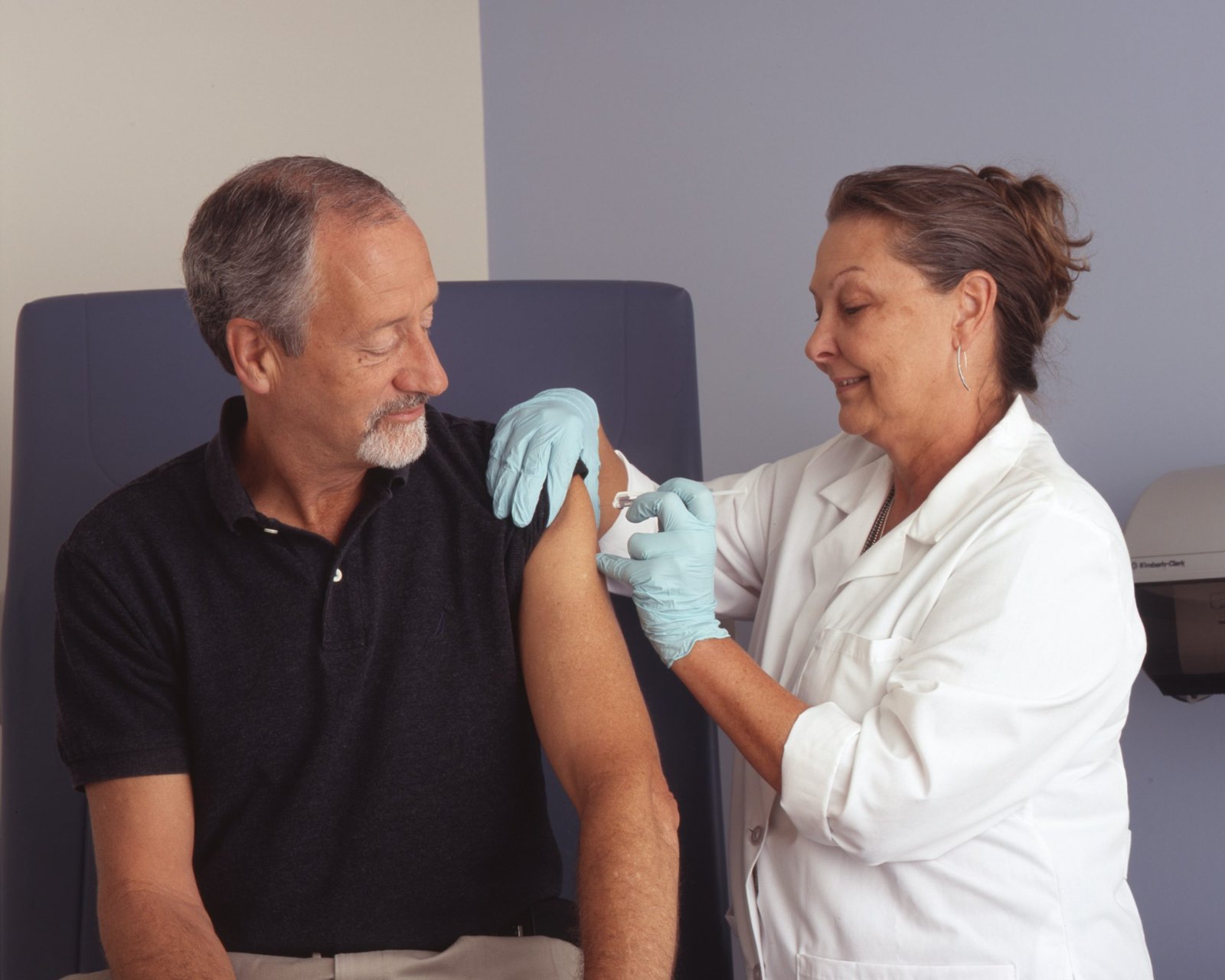
Quebec is taking strides to improve access and coordination of front-line services, promising a substantial impact on the residents of Park-Extension—a borough experiencing the shortcomings of the Quebec medical system, much like other parts of Montreal.
Enter Christian Dubé, the Minister of Health, with a strategic announcement on October 23, 2023. Recognizing the persistent challenges in access and coordination, Dubé introduced a new approach – the appointment of an Access Coordinator. Michel Delamarre, leveraging his experience as the CEO of the Integrated University Health and Social Services Center of the National Capital, has been entrusted with this pivotal role. Delamarre’s mission is clear: to respond more effectively to the health needs of the population and address challenges related to emergency and surgical delays.
The key focus of Delamarre’s initial mandate is on the Front-Line Access Desk (GAP) as an alternative to the emergency room. This move aims to streamline processes and make healthcare services more accessible to the population.
A New Coordinator for Seamless Access
Mr. Delamarre, in his capacity as the Access Coordinator, has a multifaceted role. His primary responsibility is to ensure that services are seamlessly provided to patients throughout their healthcare journey. Collaborating closely with field teams, he aims to equip them with the necessary tools to reduce access delays for the population.
The broader vision of Delamarre includes:
- Timely Consultations: Ensuring patients obtain consultations with the right professionals at the right time, thereby reducing reliance on emergency rooms.
- Home-based Care: Redirecting patients from the emergency room to their homes with necessary care, minimizing the need for hospitalization.
- Specialist Consultations: Swiftly attending to patients post-emergency room stays when specialist consultations are required, facilitating quicker discharges.
- Efficient Bed Management: Accelerating access to beds on floors in case of hospitalization, subsequently freeing up emergency room beds.
- Comprehensive Post-Hospitalization Support: Ensuring patients are accompanied by necessary services upon leaving the hospital, with available spaces ready for accommodation if needed.
However, the challenge extends beyond coordination; it’s about execution. To address this, the implementation of Health Quebec, under Bill No. 15, aims to provide on-ground managers with the necessary tools. The objective is to replicate successful models from certain hospitals throughout the entire network, breaking down silos and fostering efficiency.
Towards GAP 2.0
One of the initial challenges for Mr. Delamarre is the implementation of an action plan to enhance the functionality and performance of GAP. This plan, based on concrete actions derived from recommendations in Delamarre’s report, is set to roll out in December, coinciding with the busier winter period.
Delamarre’s recommendations, sourced from a tactical intervention team’s mandate, include:
- Extended Service Hours: To accommodate a larger number of patients.
- Phone Reminders: Implementing a system to avoid prolonged wait times on the line.
- Holistic Appointments: Allowing patients to discuss multiple health issues during a single appointment.
- Inclusion of More Professionals: Integrating dentists, optometrists, and physiotherapists into the services provided.
- Digital Advancements: Accelerating the development of GAP’s digital tool to give patients easier access to their health records and the right professionals through Your Health.
Minister Christian Dubé emphasized the importance of execution in their Health Plan. Drawing parallels with the success of vaccination efforts, he expressed confidence in overcoming challenges related to emergencies and surgeries. He highlighted Mr. Delamarre’s role as a pivotal step toward efficient coordination within the network. This innovative approach, outlined in Bill No. 15, is set to make the Quebec healthcare network more responsive and accessible to the diverse needs of its population.









